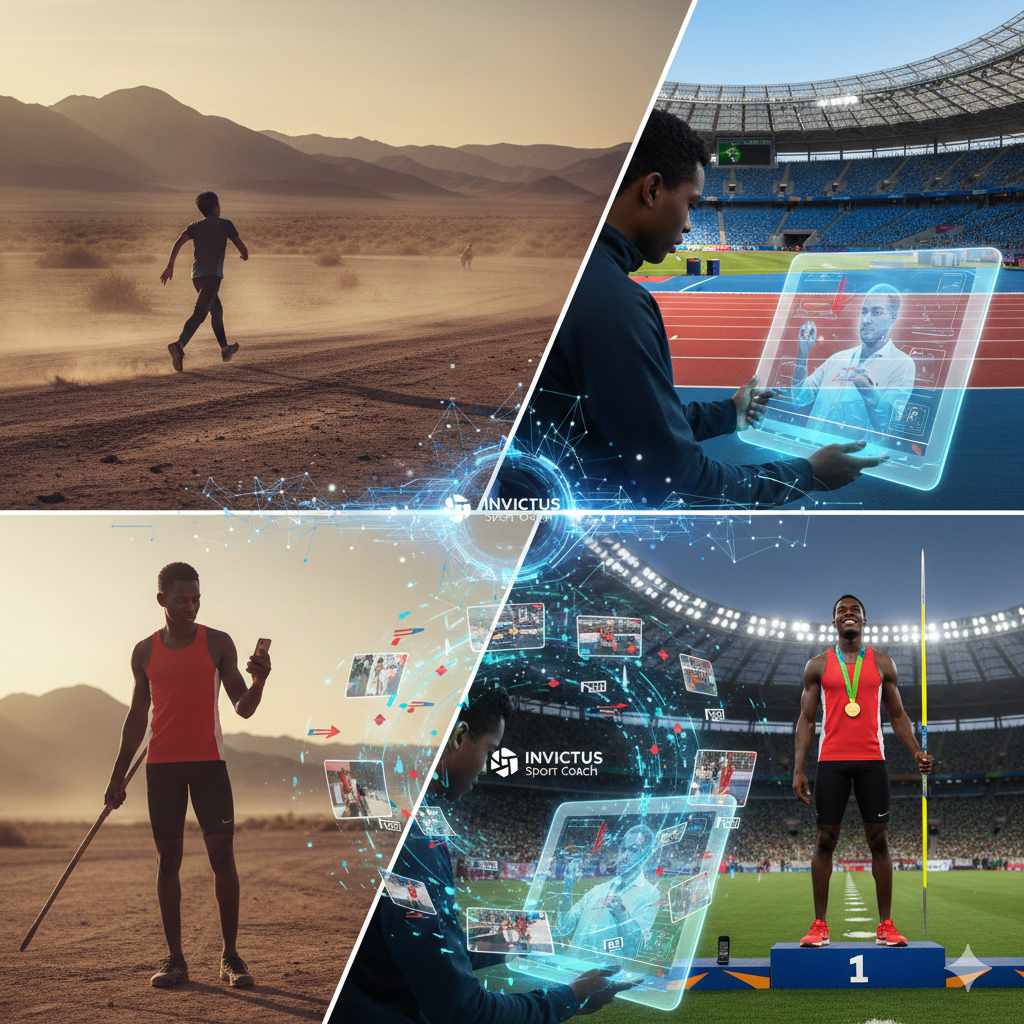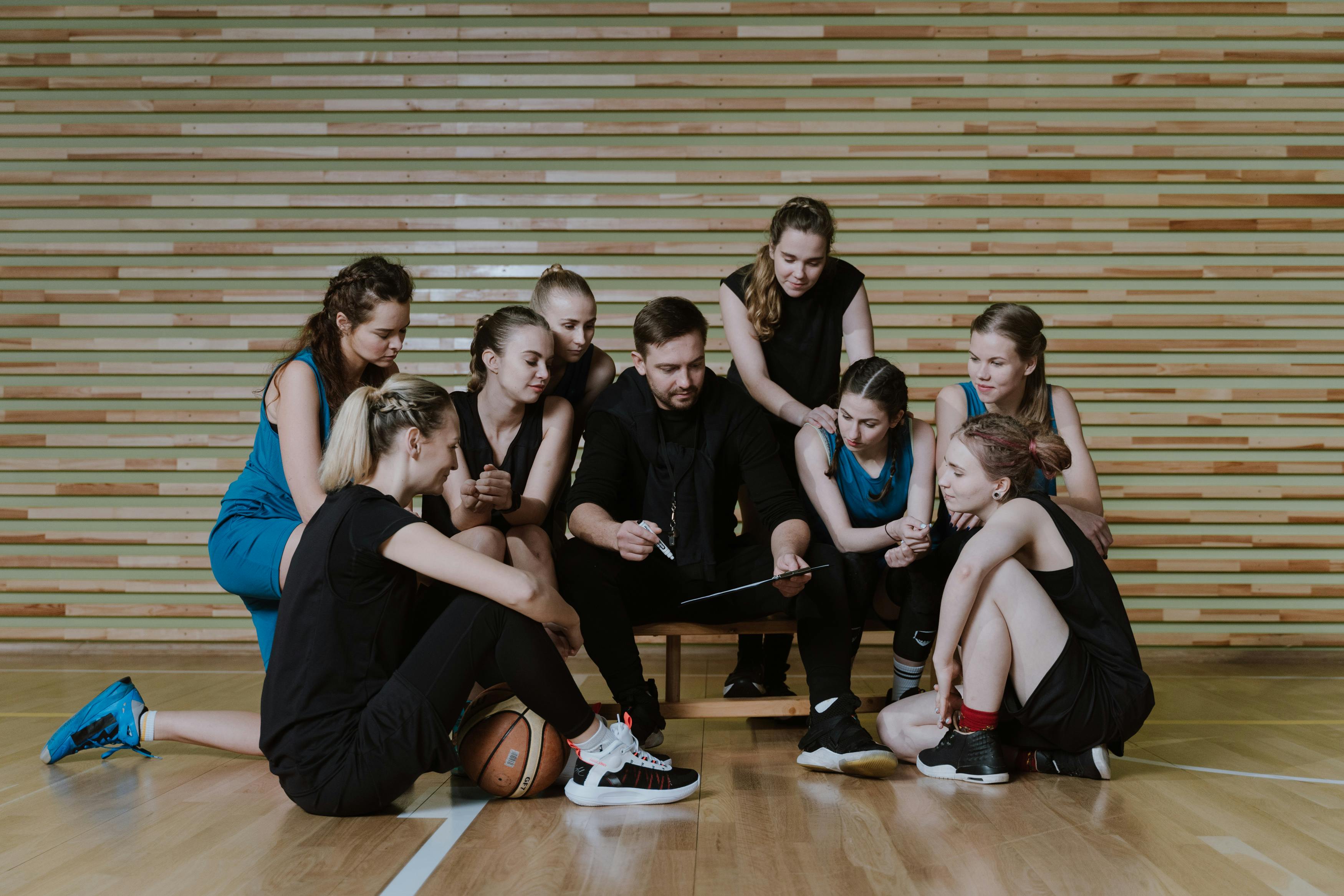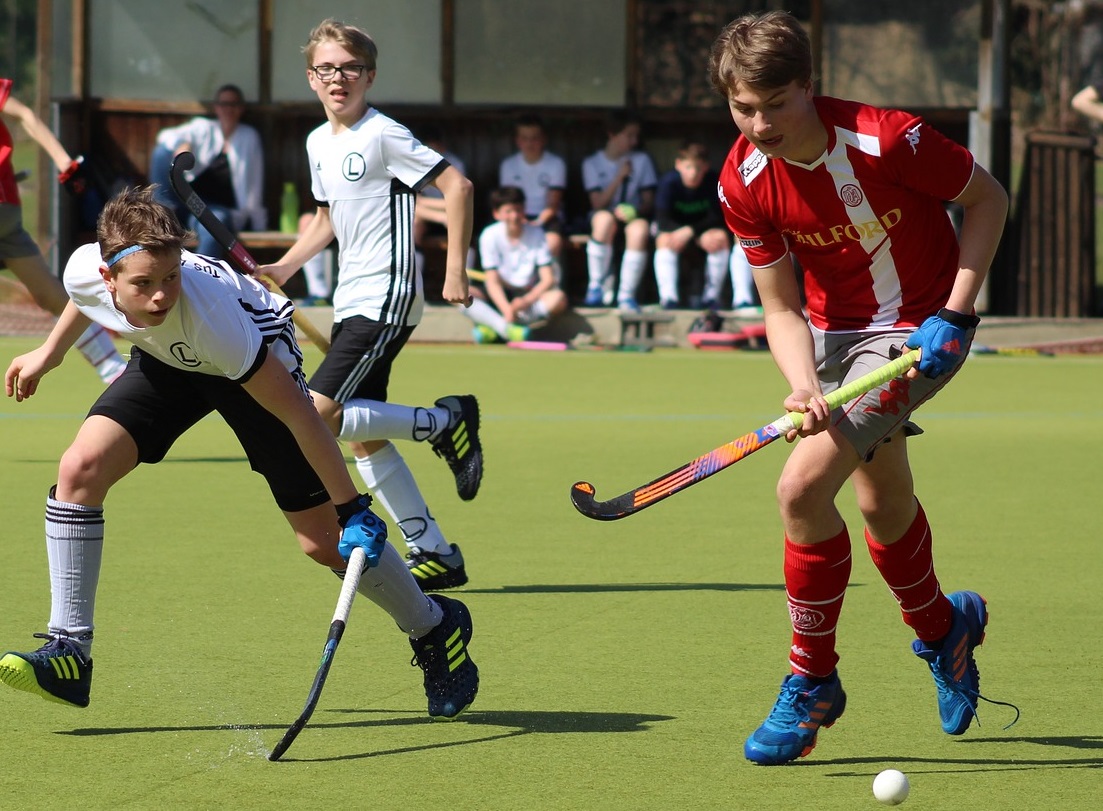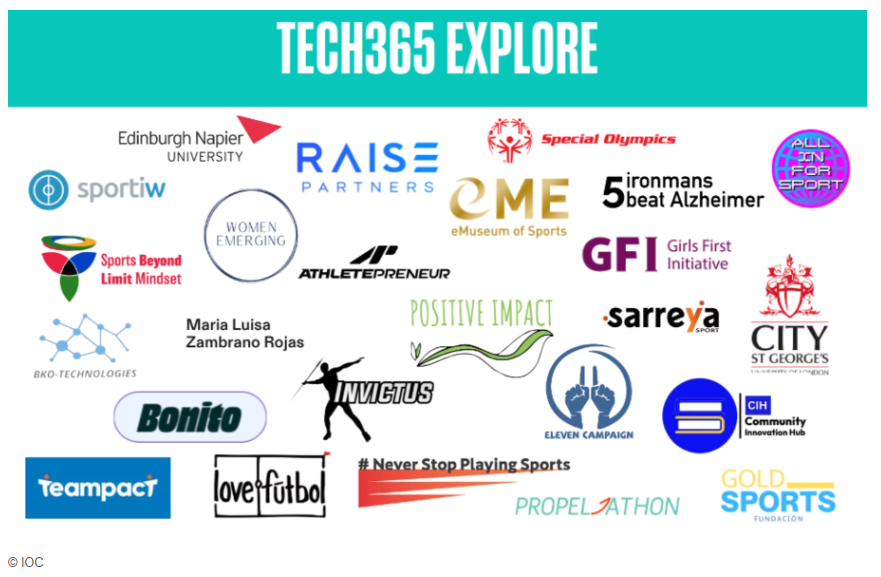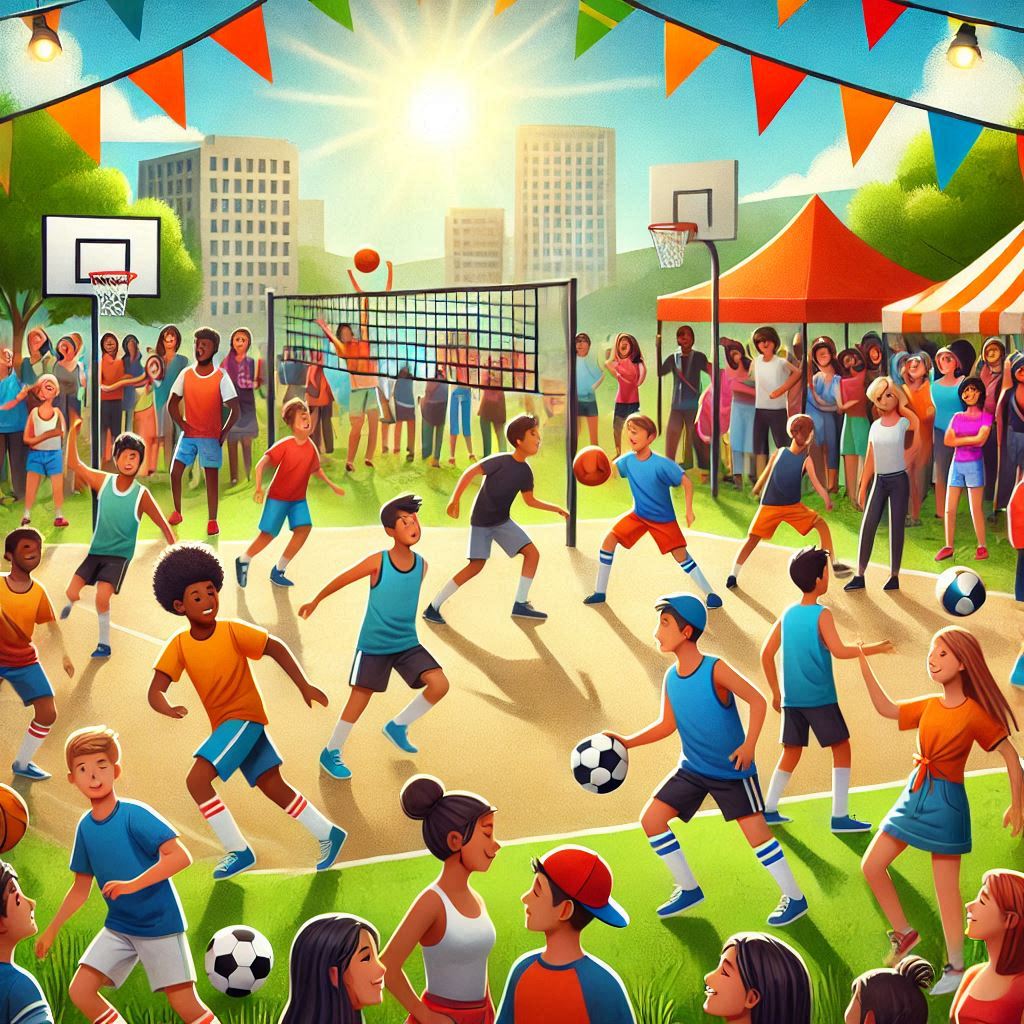The Geographic Lottery: Why Your DNA Matters Less Than Your Zip Code (and How to Fix It)
In the world of elite sports, we like to believe in meritocracy. We tell ourselves that the best rise to the top through grit and talent. But there is a silent, systemic gatekeeper that decides who gets to the podium before the race even begins: Geography.
Across the globe, we are facing a "Centralization Crisis." Whether it’s Santiago, London, or Nairobi, elite coaching, high-performance facilities, and technical expertise are almost exclusively concentrated in major metropolitan hubs.
The "Regional Gap": A Global Problem
If you are a talented 14-year-old sprinter born in a remote village in the Atacama Desert or the rural outskirts of the Rift Valley, your path to the Olympics is statistically blocked. Not by your lack of speed, but by your lack of access.
Regional locations are chronically underserved. Local coaches are passionate but often lack the specialized technical training found in the city. The result? Thousands of "ghost athletes"—world-class talents who simply never get seen or corrected, eventually dropping out of the sport because they hit a technical ceiling they can't break alone.
The Exceptions That Prove the Rule
When an athlete from a remote area succeeds, we call it a "miracle." But it shouldn't be. Julius Yego (Kenya): Known as "The YouTube Man," the world-champion javelin thrower famously learned his elite technique by watching videos in internet cafes because he had no specialized coach in his region. He proved that the information exists; it’s just not being delivered efficiently.
Breaking the Barrier: 3 Ways Video Feedback Levels the Playing Field
We can’t build a million-dollar high-performance center in every small town, but we can put an elite coach in every athlete's pocket. Here are three ways remote video feedback is dismantling the "city-only" monopoly on talent:
1. Asynchronous "Micro-Corrections"
Face-to-face coaching is limited by time and space. Video feedback allows a coach in the capital to review an athlete’s footage from 1,000 miles away. They can provide frame-by-frame "micro-corrections" (like adjusting a hurdle lead-leg or a hockey stick angle) that are impossible to see at full speed, ensuring regional athletes develop professional muscle memory from day one.
2. The Digital Technical Audit
Video creates a "paper trail" of progress. By using a structured framework (like the SMART model), regional athletes can submit weekly clips to a central database. This allows National Federations to scout talent objectively based on data and visual growth, rather than just waiting for an athlete to be rich enough to travel to a city-based trial.
3. Scaling Mentorship, Not Just Instruction
The most underserved part of regional sports is mentorship. Video feedback platforms like Invictus allow for a "Blended Learning" model. Local coaches keep the athletes motivated and safe on the ground, while remote elite mentors provide the high-level technical "polish." This empowers local communities rather than draining them of their best talent.
The Bottom Line
Geography should never be a ceiling for human potential. By embracing remote video feedback, we stop leaving talent to chance. We move from a world where you have to be in the city to succeed, to a world where you just have to be seen.
